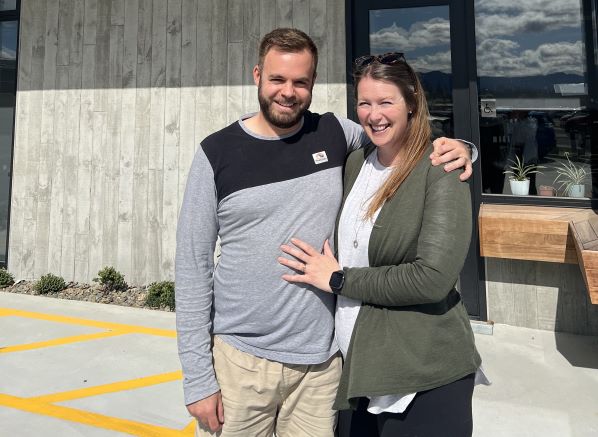Garage to Global – PART 10. THE END GAME
The final in a ten-part series exclusive to NZBusiness in which successful serial entrepreneur Mark Loveys delivers a succinct
‘how to’ guide for would-be entrepreneurs – to help take your idea to the world.
The final in a ten-part series exclusive to NZBusiness in which successful serial entrepreneur Mark Loveys delivers a succinct
‘how to’ guide for would-be entrepreneurs – to help take your idea to the world.
Unless you plan to hold on to your business for the rest of your life, you will need to plan your exit strategy. The earlier you start planning and preparing for your exit, the better off you will be when the time comes.
Preparation for an exit
This may seem like an obvious statement, but it’s amazing how often this gets overlooked:
You need to ensure that your business gets to a state where someone else would want to own it and, ideally, the business should not in any way be reliant on you personally for its continued operation and success.
When you started your business, you would have been ‘working in’ your business – whether that be in sales, operational management, building widgets, serving customers or whatever.
As your business grows, you need to transition more to ‘working on’ your business. You need to hire good people, the best people you can attract, and delegate more and more work and responsibility to them over time.
The idea is that the business moves towards relying more on your staff and less on you.
Succession planning is number one. Who will run the business when you are not there? It might be the acquirer, or someone from the acquirer’s organisation, but you can’t rely on this.
Make sure your chosen successor gets as much experience as possible in running the business.
Document your business processes. Business buyers like to know that business processes are secure, and that new staff will have reference material available to be trained up more efficiently.
Use well-known and well-supported systems. This includes your accounting or ERP system, your CRM system, your payroll, your databases and any other systems that your business relies on.
If you can afford to hire an auditor to audit your accounts each year, it will give more confidence to a prospective acquirer, especially corporate acquirers.
Keep your personal and business finances totally separate, even if you own the business outright. Personally, I prefer having other shareholders in my businesses, which ensures that everything the business does is strictly done for business reasons.
Maximise your annual profit each year and strive to ensure that your revenue and profitability increases each year. Many privately-owned businesses structure themselves to minimise profit and thereby reduce their end-of-year income tax liability. This is bad for the exit value of your business. Your acquirer wants to see and know that they are buying a profitable and growing business.
Your end of year accounts and tax returns are the best way of demonstrating profitability and growth.
Identify things that a new owner can exploit to make the business even more valuable in the future. The best business sales are where both the seller and the buyer win. The buyer must be able to see the future upside of the deal.
Due diligence
The buyer will want to perform a due diligence process on the business. This will normally include checking that all aspects of the business discussed above are covered and that everything you’ve told them about the business is true. They will also likely talk with a selection of your customers and your suppliers to ensure that the business is on a good footing with them.
Keep on track
A business sale process can be a huge distraction to the everyday running of a business. It is common for the performance of a business itself to go downhill during the sale and purchase process. You will be heavily involved in the process and will really need your chosen successor to run the business in your absence. If your successor can keep the business running well during this time of high distraction, you will be in a good place to demonstrate how well the business runs without you.
Contracted employment and non-compete agreements
It is normal for a buyer to want to tie you in to the business for a time after the sale to ensure the ownership transition goes smoothly. It is also normal for the buyer to want a contracted term of non-competition from you to ensure that you will not immediately try to win the customers back into a new business. This is all normal to ensure a fair deal to both parties.
Earn outs
Sometimes the purchase price of the business will be variable, depending on the business’s performance within a period after the change of ownership. This is common where the previous owner is being retained to run or help the business after the sale.
And lastly…
Work out what to do next with your life. For me it has been to start the whole process all over again.






